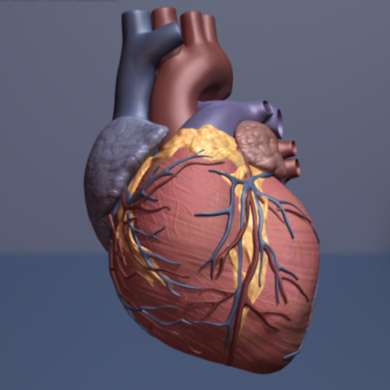
Older adults who live in disadvantaged communities are less likely to attend cardiac rehabilitation after common heart procedures, a Michigan Medicine-led study finds.
The study aimed to calculate how many Medicare beneficiaries attended cardiac rehabilitation, a medically supervised program exercise and education program, after coronary revascularization between mid-2016 and 2018.
Patient communities were categorized using the Distressed Community Index, which analyzes economic well-being and social determinants of health, such as educational disparities and poverty rate, of United States zip codes.
Only 26% of patients from distressed communities use cardiac rehab, compared to 46% of patients from areas deemed prosperous. Any patient who attended cardiac rehab, no matter where they lived, had a reduced risk of death, hospitalization and heart attack, according to results published in Circulation: Cardiovascular Quality and Outcomes.
“Addressing barriers to participation in cardiac rehabilitation in distressed communities may improve outcomes for these patients and reduce longstanding disparities in such outcomes,” said first author Michael P. Thompson, Ph.D., assistant professor of cardiac surgery at University of Michigan Medical School.
“While some individuals who face geographic barriers to participation may benefit from transportation services or virtual options for cardiac rehab, there is a critical need to address socioeconomic barriers that prevent so many patients from attending this lifesaving therapy.”
More information:
Michael P. Thompson et al, Relationship Between Community-Level Distress and Cardiac Rehabilitation Participation, Facility Access, and Clinical Outcomes After Inpatient Coronary Revascularization, Circulation: Cardiovascular Quality and Outcomes (2023). DOI: 10.1161/CIRCOUTCOMES.123.010148
Journal information:
Circulation
Source: Read Full Article